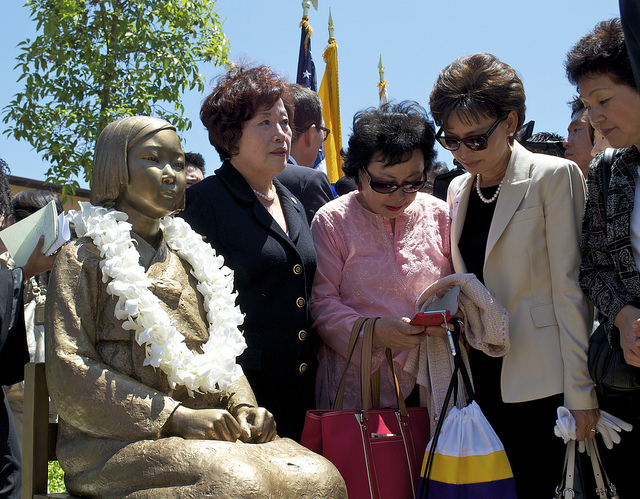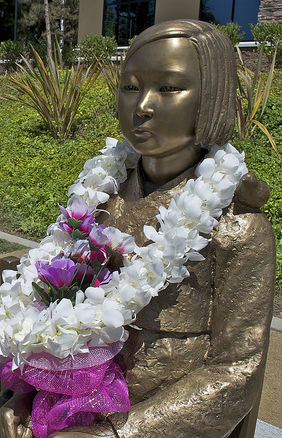MERS Outbreak in South Korea Hits Record High, 3 New Cases, 2 More Die
/SOUTH KOREA - An outbreak of MERS (Middle East Respiratory Syndrome) in South Korea has led to 138 confirmed cases and 14 deaths, according to the World Health Organization (WHO). Just 17 hours ago news outlets reported 3 new cases with 2 more deaths.
A single traveler brought the disease to South Korea last month and since then it has spread exponentially overwhelming the healthcare system. Contributing factors include overcrowded emergency rooms, the sick and worried returning numerous times to hospitals, additional delays as medical professionals seek second opinions, coupled with an ill-trained medical community unfamiliar with the disease.
Currently, all cases have occurred have been traced back to a hospital where patient zero contracted the disease. Many citizens have started wearing surgical masks to protect themselves from infection. However, the larger community isn't taking any chances either and have subsequently closed more than 2,900 schools and quarantined 3,680 people. (Source: BBC).
An early setback has been a lack of government transparency. President Park Geun-hye has been accused of not being pro-active in his response and of withholding information about who has been infected. The mayor of Seoul, Park Won-soon, said that a now quarantined doctor attended a gathering of more than 1,500 people the day before he was diagnosed with the disease. (Source: New York Times)
However, the WHO has issued a statement that human-to-human transmission of the virus is only possible through very close contact. As long as reasonable measures are taken there is no need for panic. Currently, the WHO is working with scientists to better understand the disease, develop treatment strategies, and determine the best way to respond to the outbreak.
Although the disease is not well understood and has no cure, the spread of it has thus far been predictable. Most contagious diseases are opportunistic and are most easily incubated and spread in hospitals and other healthcare facilities due to close proximity of the infected. Although doctors and scientists are struggling to find a way to treat the infected, predictive and statistical models have proved invaluable in anticipating what part of the population is at greatest risks and thus help communities implement proactive precautions.
The disease originated in Saudi Arabia in 2012, and according to the Center for Disease Control (CDC) there is currently no vaccine to prevent MERS-CoV infection, but the South Korea outbreak is the largest outbreak outside of the Middle East. “MERS-CoV is thought to spread from an infected person to others through respiratory secretions, such as coughing. In other countries, the virus has spread from person to person through close contact, such as caring for or living with an infected person. (Source: CDC)
Contributing Journalist: @SJJakubowski
Facebook: Sarah Joanne Jakubowski
















